World Water Day: What You Need To Know
World Water Day: What Is It And Why Does It Matter?

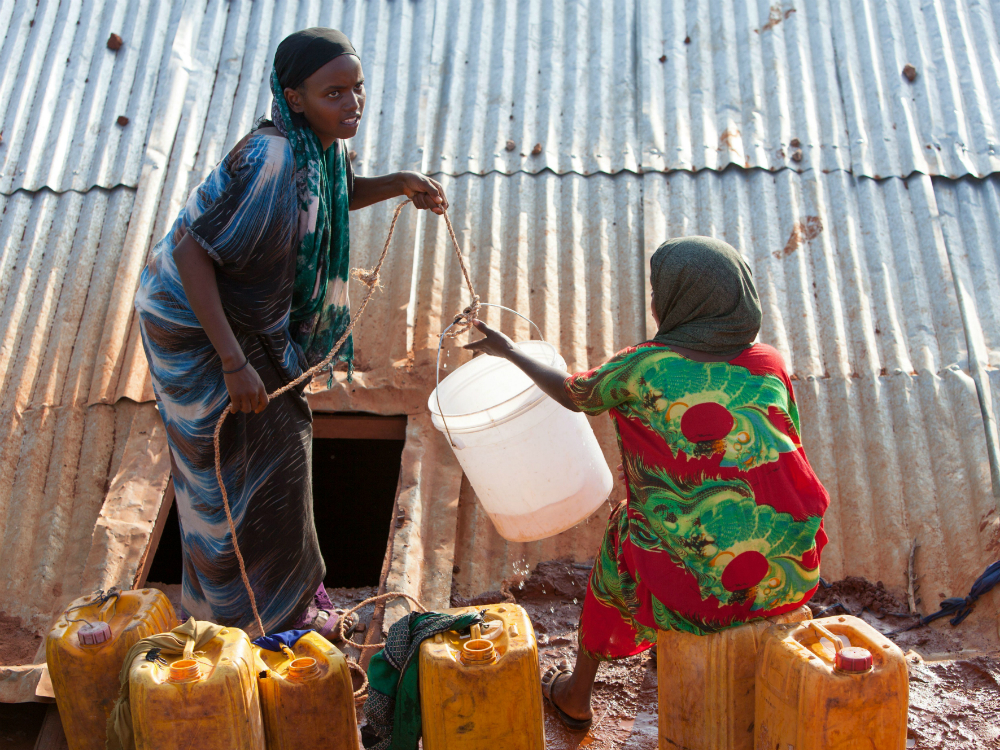
Celebrity news, beauty, fashion advice, and fascinating features, delivered straight to your inbox!
You are now subscribed
Your newsletter sign-up was successful
World Water Day: What Is It And Why Does It Matter?
Water may cover three quarters of the Earth’s surface, but one in 10 of us across the world still don’t have access to clean water each day. That’s precisely why we need to put World Water Day on the agenda today.
What is World Water Day?
An annual day that falls on 22nd March and is dedicated to raising awareness about the 650 million people who still don’t have access to clean water. Its also a time to reflect on how much water we in the West waste each day. Just cutting your shower time to 4 minutes and turning the tap off when you brush your teeth makes a huge difference
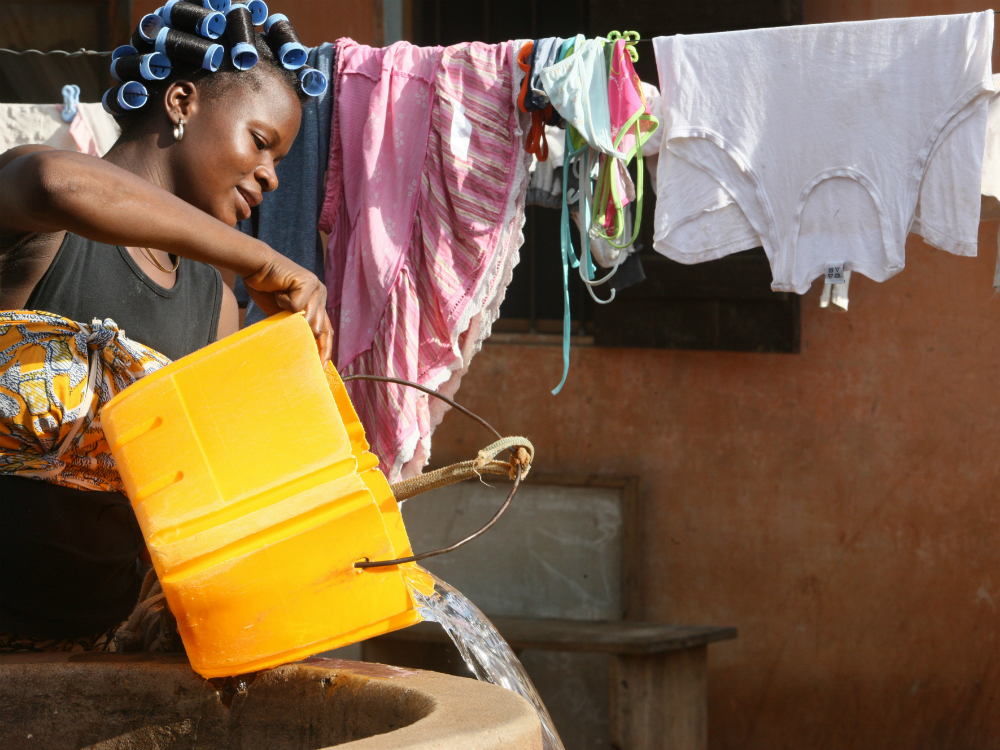
Why are women at the forefront?
Women in Africa spend on average 90 hours and 55 collecting water per month – that’s the same amount as the average British women spends food shopping for a year! A lack of clean water in many parts of the world means women spend three hours every day collecting dirty water from dangerous water sources to meet their household’s needs. The responsibility of this back-breaking and time-consuming task falls on the shoulders of women and children, preventing them from going to school or earning a living.
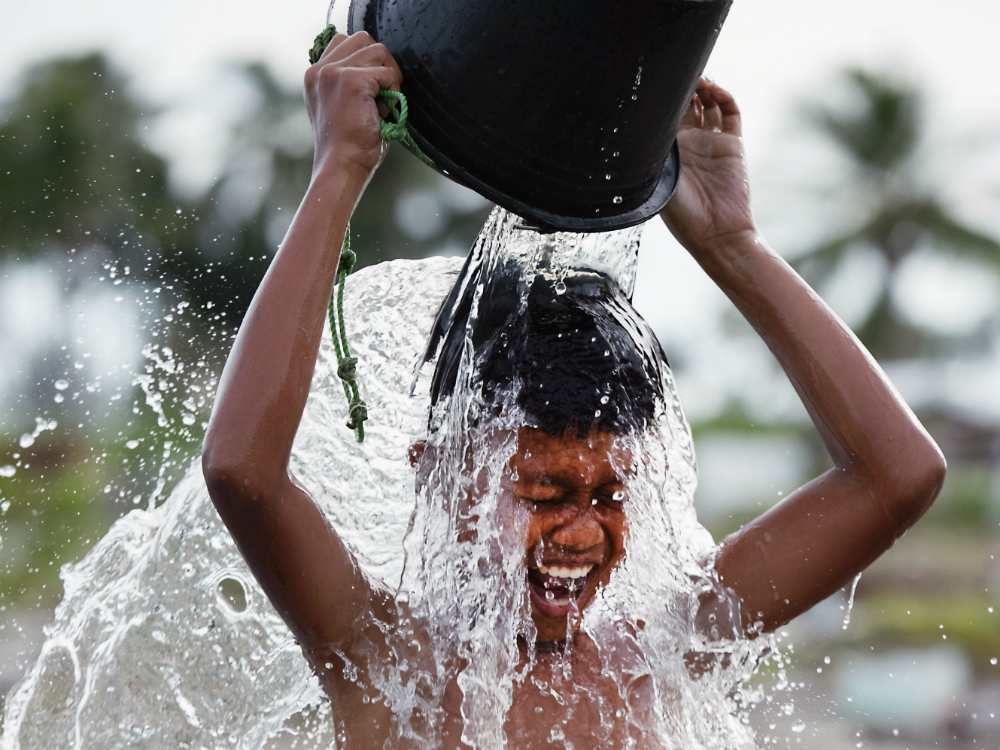
How can I get involved?
Celebrity news, beauty, fashion advice, and fascinating features, delivered straight to your inbox!
-Talk about World Water Day with your friends
-Add a blue filter to your Facebook profile
-Use the hashtag #Blue4Water across your social media
-Make your voice count: sign the petition that calls for running taps and toilets for every person around the world.
-Buy a bottle of Belu water on your way home
-And donate. A monthly £2 will pay for a rainwater collection system, £5 a hand pump or a village and £10 will fund a well.
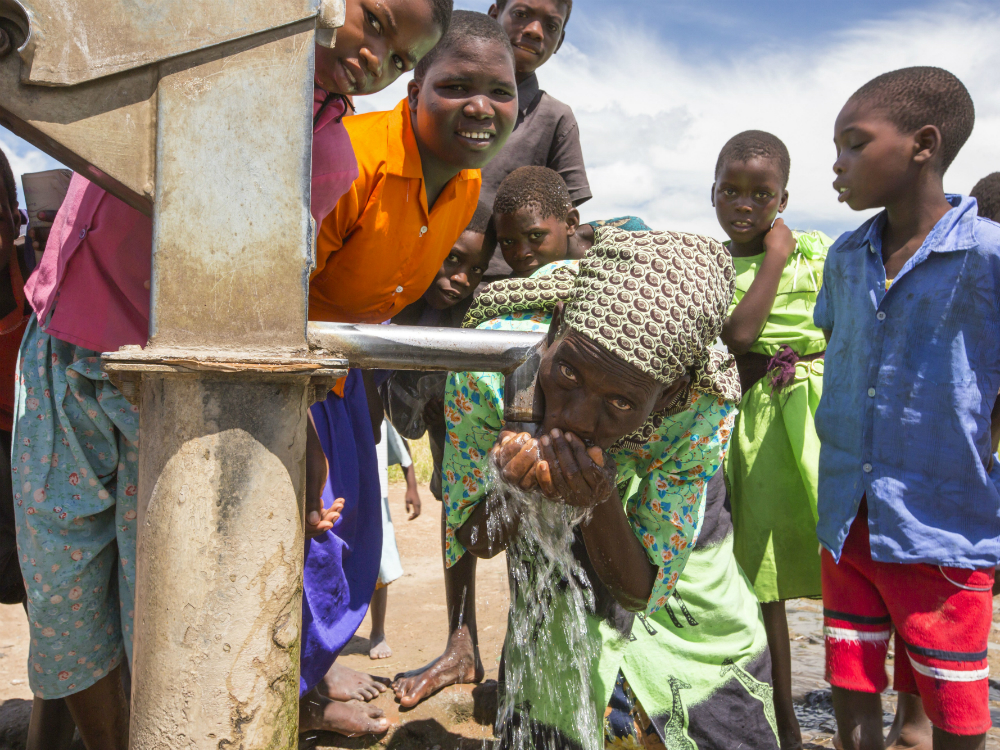
Did you know?
· 50 litres of water in the UK costs 7p,or 0.1% of the salary of someone on minimum wage. In Papua New Guinea it costs £1.84, or 54% of the salary of an average street seller.
· Around 650 million people live without safe water, while 2.3 billion don’t have access to adequate sanitation (that’s one in three of the world’s population).
· Sub-Saharan African Women collectively spend at least 16 million hours collecting drinking water every day.
· 315,000 children die every year due to diseases caused by drinking unsafe drinking water.
· Your average daily water footprint is much larger if you’re a meat eater. According to Peta, one steak takes 7,500 litres of water to produce.
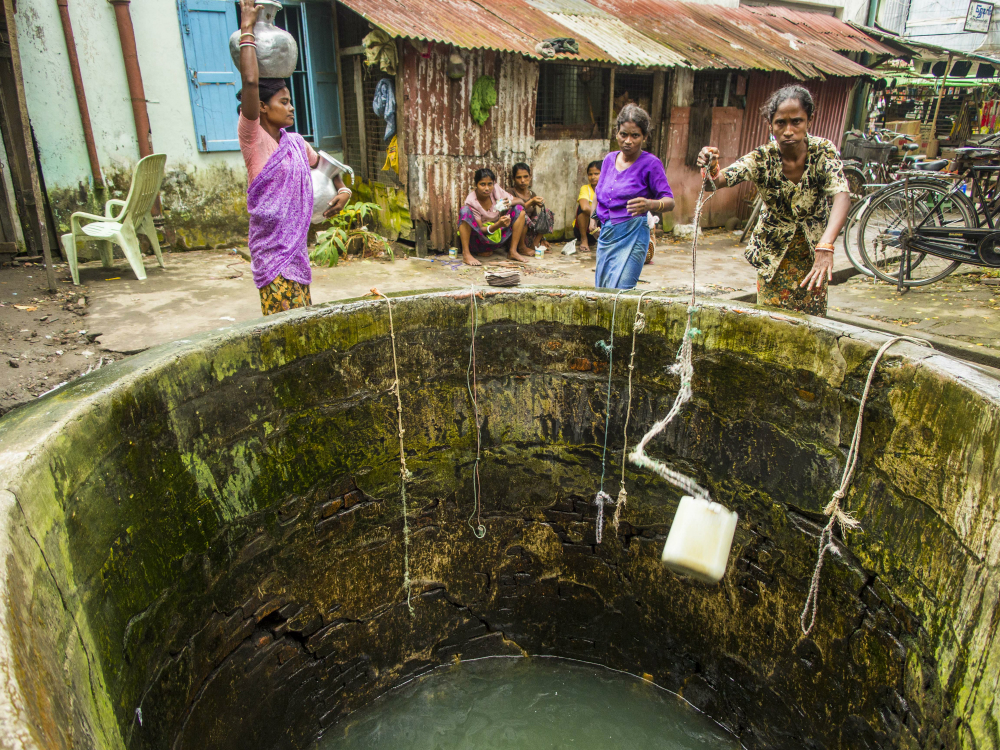
Based on Severn Trent Water measured charges (2016). Prices vary around the UK.

Andrea Thompson is Editor in Chief at Marie Claire UK and was named by We are the City as one of the UKs top 50 trailblazers for her work championing gender equality. She sits on the committee of the British Society of Magazine Editors where she acts as Chair.
Andrea has worked as a senior journalist for a range of publications over her 20 year career including The Sunday Times, The Guardian, The Daily Mail, Channel 4, Glamour and Grazia. At Marie Claire UK, Andrea oversees content, strategy, events and campaigns across fashion, beauty and the brand's purpose pillars. Follow her on instagram at @andreacanwrite